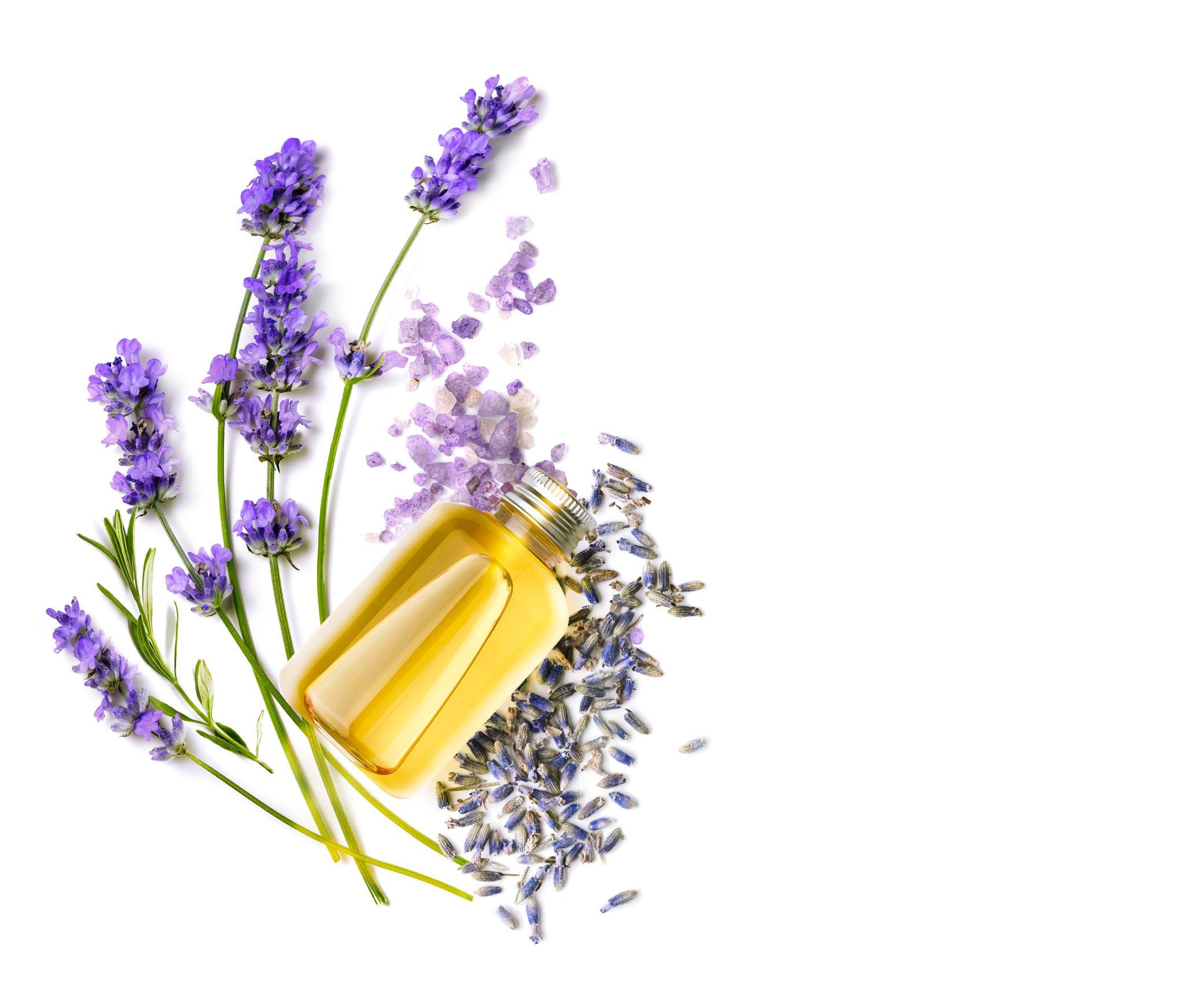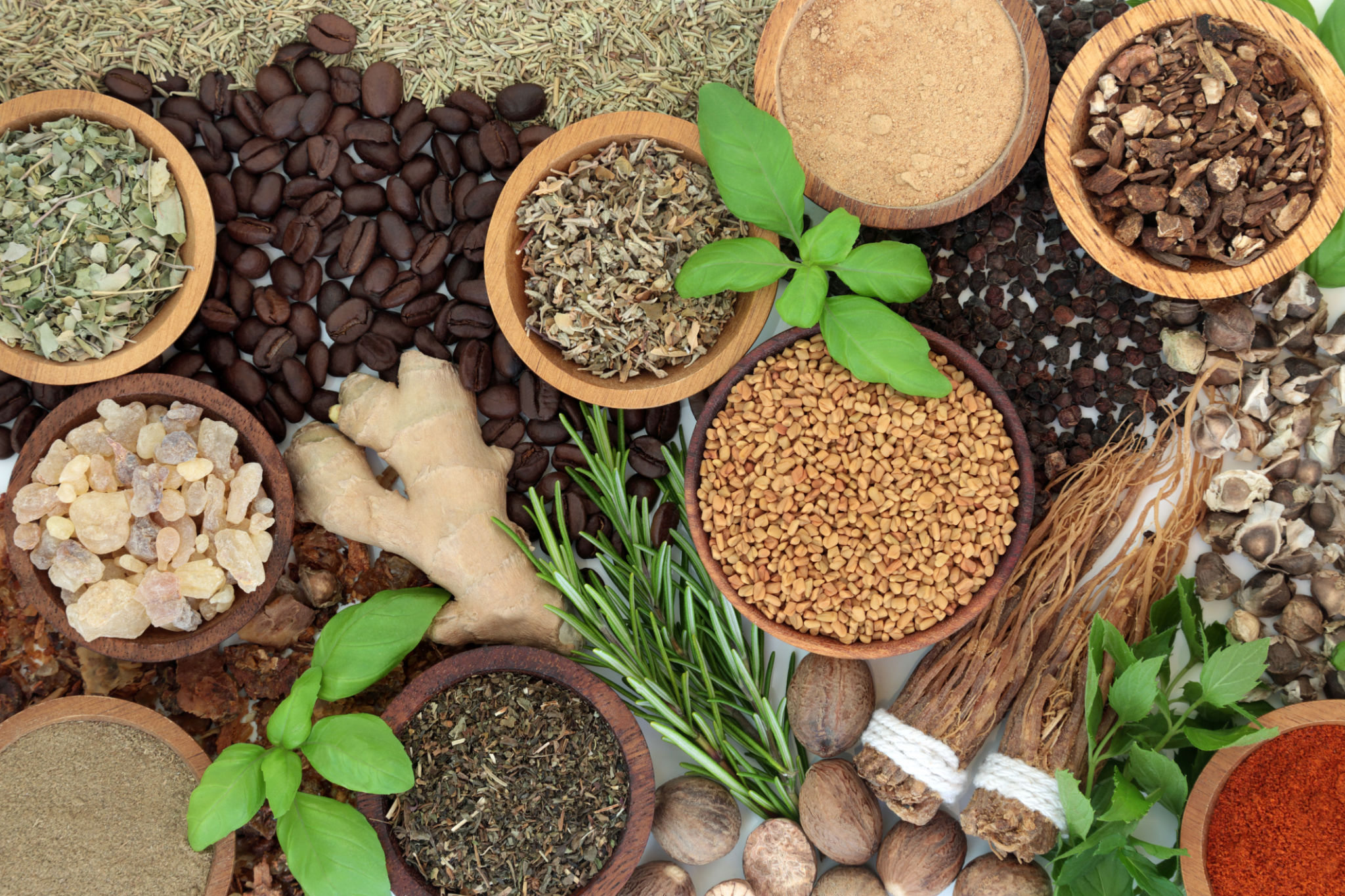Top Natural Remedies for Stress Relief: A Herbal Approach
In today's fast-paced world, stress has become a ubiquitous part of our lives. While it's normal to feel stressed occasionally, chronic stress can have serious implications on our health and well-being. Fortunately, nature offers a plethora of remedies that can help manage stress effectively. Let's delve into some top natural remedies for stress relief with a specific focus on herbal approaches.
The Power of Herbal Teas
Herbal teas have long been cherished for their calming properties. Among the most popular is chamomile tea, known for its gentle sedative effects that can help ease anxiety and promote restful sleep. Another excellent option is peppermint tea, which not only helps in digestion but also provides a refreshing sense of relaxation.
For those seeking more robust options, valerian root tea can be highly effective. Valerian root is often used as a natural remedy for insomnia and is known for its ability to reduce anxiety levels significantly. However, it's important to consult with a healthcare provider before using it, as it may interact with certain medications.

Aromatherapy: Scents for Serenity
Aromatherapy utilizes essential oils to promote relaxation and alleviate stress. Lavender essential oil is renowned for its soothing effect and is often used in diffusers or added to baths. It can help lower heart rate and blood pressure, creating a sense of calm.
Bergamot oil is another popular choice for stress relief. With its citrusy aroma, bergamot can uplift moods and reduce feelings of anxiety. Additionally, eucalyptus oil can clear the mind and relieve stress when inhaled or used in massage therapy.

Adaptogens: Nature’s Stress Relievers
Adaptogens are herbs that help the body adapt to stress and restore balance. One of the most well-known adaptogens is ashwagandha, an ancient herb used in Ayurvedic medicine that helps lower cortisol levels and combat stress. Similarly, rhodiola rosea is praised for enhancing mental performance while reducing fatigue and symptoms of burnout.
Holy basil, also known as tulsi, is another adaptogen that offers numerous health benefits including stress reduction. It supports the body's natural response to physical and emotional stressors, making it a valuable addition to your herbal repertoire.

Meditation and Mindfulness with Herbal Support
Meditation and mindfulness practices are powerful tools for managing stress. When combined with herbal remedies, their effects can be significantly enhanced. Using herbal incense or essential oils during meditation sessions can deepen the relaxation experience.
Consider creating a tranquil environment with sandalwood incense, which not only purifies the air but also promotes mental clarity and focus. Alternatively, using a diffuser with calming essential oils like frankincense can elevate meditation practices by inducing a peaceful state of mind.
The Importance of Balanced Nutrition
A balanced diet plays a crucial role in managing stress levels. Incorporating herbs like ginger and turmeric into your meals can provide anti-inflammatory benefits that support overall wellness. These spices not only enhance flavor but also contribute to a stable mood by regulating inflammation in the body.
Additionally, drinking plenty of water infused with herbs like lemon balm or mint can keep you hydrated while offering subtle calming effects throughout the day.

Incorporating these natural remedies into your daily routine can provide effective relief from stress. Remember, everyone's body responds differently to herbs, so it's wise to experiment and find what works best for you. Always consult with a healthcare professional before starting any new herbal regimen, especially if you're pregnant, nursing, or on medication. By taking a holistic approach to stress management, you can foster a healthier, more balanced lifestyle.